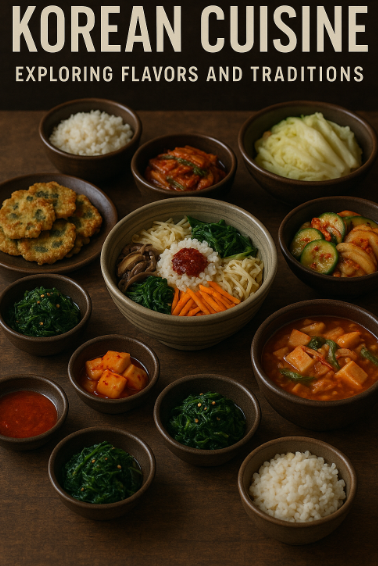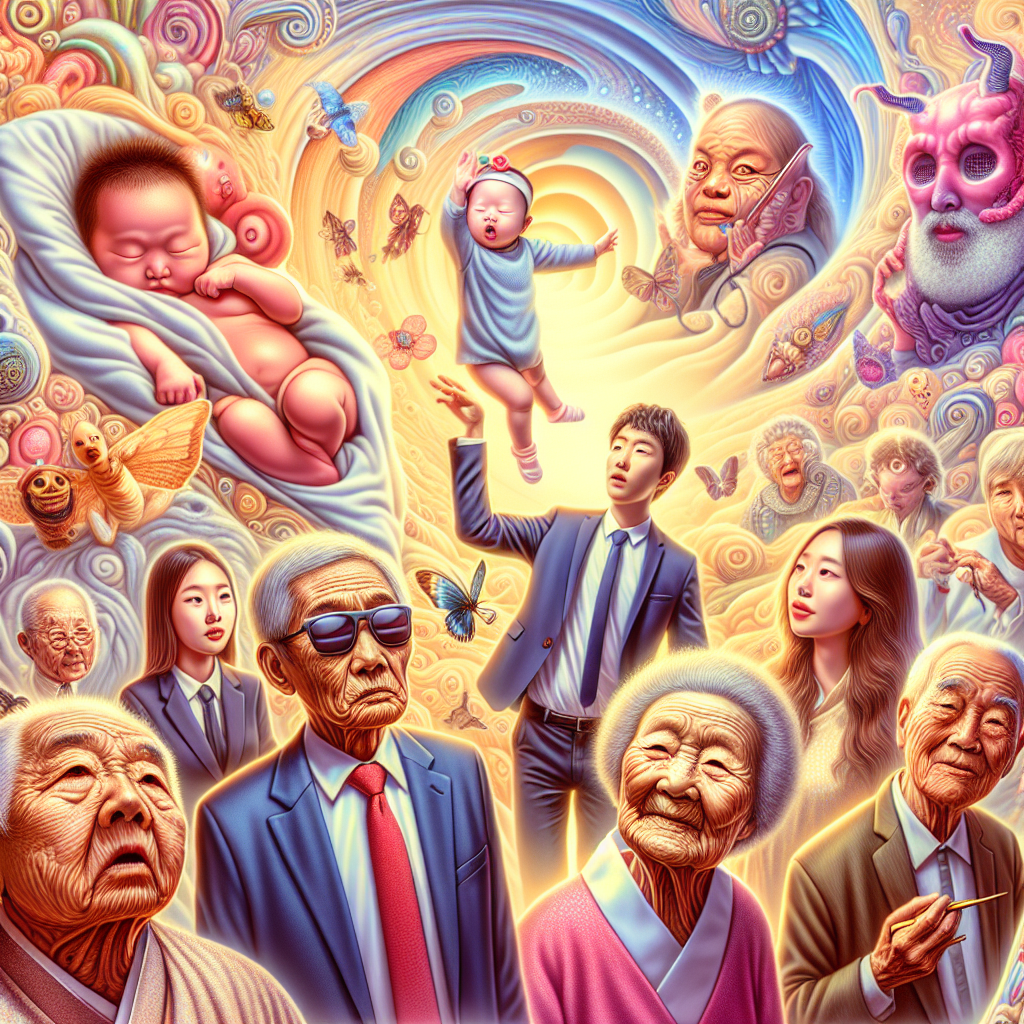Introduction to Korean Literature
Korean literature, with its deep roots and dynamic evolution, offers a fascinating glimpse into the heart and soul of Korean culture. This literary tradition, which stretches from ancient folklore to contemporary novels, reflects the diverse experiences and rich history of Korea. As you delve into Korean literature, you’ll encounter a tapestry of narratives that explore themes of identity, resilience, and the human condition.
Ancient Korean Literature
The earliest Korean literature was primarily oral, passed down through generations via songs, chants, and stories. These narratives often featured themes of nature, mythology, and morality. Texts such as “Hyangga” from the Shilla dynasty and “Koryo gayo” from the Goryeo period offer enchanting insights into the past.
As literacy grew with the invention of Hangul, written literature began to flourish. “Samguk Yusa” and “Samguk Sagi” are two notable examples from medieval Korea, chronicling historical and mythological tales that are still revered today.
Modern Korean Literature
The 20th century marked a transformative era for Korean literature, influenced by colonization, war, and modernization. Writers like Kim Sowol and Yi Sang emerged, navigating changing times with poignant poetry and prose. Their works often addressed themes of identity, loss, and liberation, vividly capturing the zeitgeist of a nation in flux.
The latter half of the century saw the rise of female authors like Park Kyung-ni and Hwang Sok-yong, who tackled social issues and provided new perspectives within the literary landscape. Their contributions helped diversify the themes and voices in Korean literature, garnering international attention.
Genres and Popular Works
Korean literature spans a wide array of genres, from poetry and historical fiction to science fiction and fantasy. The adaptability of Korean writers is evident in the breadth of their work, allowing readers to explore various facets of Korean society and imagination.
One must-read is “The Vegetarian” by Han Kang, which earned global acclaim for its exploration of societal norms and personal autonomy. Another significant work is “Please Look After Mom” by Kyung-sook Shin, a poignant narrative about family and sacrifice that resonates with readers worldwide.
The Role of Literature in Korean Society
Literature in Korea has always been more than mere entertainment; it serves as a medium for reflection, education, and social critique. Authors use literature to comment on contemporary issues, inspire change, and connect with readers on a meaningful level.
Schools and cultural institutions play a crucial role in preserving and promoting Korean literature. Festivals, workshops, and translations are efforts to ensure that these stories reach a broader audience, reinforcing the importance of literature in shaping cultural identity.
| Period | Major Works | Significance |
|---|---|---|
| Ancient | Hyangga, Samguk Yusa | Reflects early cultural values and mythology |
| Modern | Poetry by Kim Sowol, Novels by Yi Sang | Explores modern identity and social issues |
| Contemporary | The Vegetarian, Please Look After Mom | Addresses global and personal themes |
FAQ
- What is the most famous Korean literature?
One of the most renowned works is “Samguk Yusa,” a historical text filled with myths and legends. - Why is Hangul important in Korean literature?
Hangul democratized reading and writing, allowing literature to be accessible to a broader audience. - How does Korean literature reflect its culture?
Korean literature showcases cultural values, historical events, and societal changes through its narratives.
Summary
- ✅ Korean literature offers a profound insight into its culture and history.
- ✅ The evolution from oral traditions to modern works highlights the nation’s adaptability.
- ✅ Literature serves as a powerful tool for social commentary and personal reflection.
- ✅ Iconic works include “The Vegetarian” and “Please Look After Mom.”
- ✅ Schools and cultural events play a significant role in promoting Korean literature.
#KoreanLiterature #Korea #Hangul #SamgukYusa #KimSowol #YiSang #HanKang #KyungSookShin #ModernLiterature #AncientTraditions #KoreanCulture #CulturalIdentity #SocialCommentary #FamilyStories #Identity #Resilience #KoreanPoetry #PoignantProse #HistoricalFiction #ContemporaryKorea #LiteraryTradition #BookLovers #Literature #AsianLiterature #CulturalInsight #Storytelling #KoreanAuthors #GlobalAcclaim #EducationalLiterature #HistoricalNarratives #Imagination


international cannabis delivery available with blockchain tracking